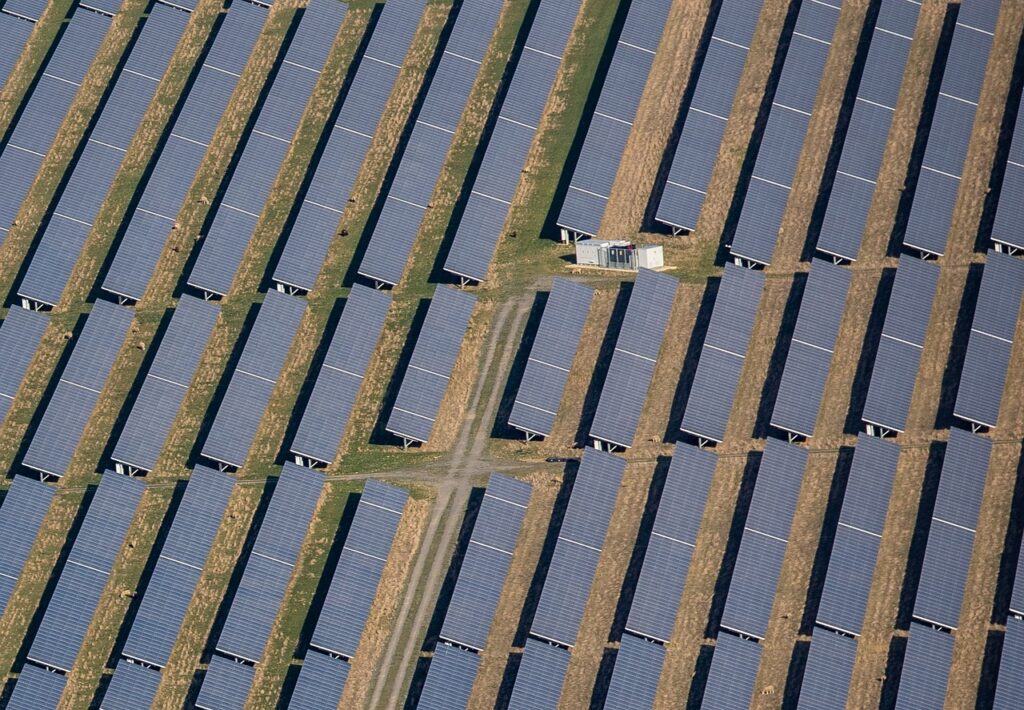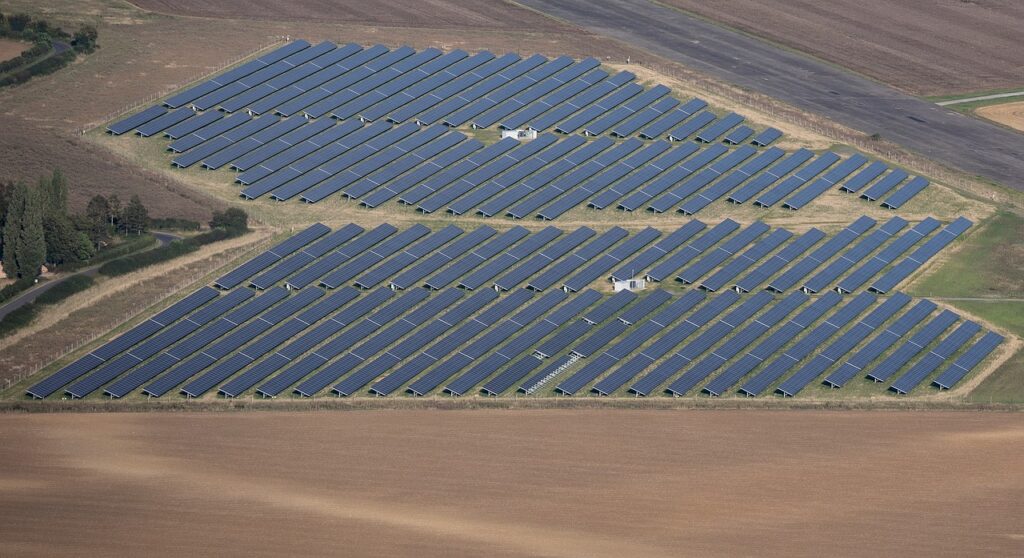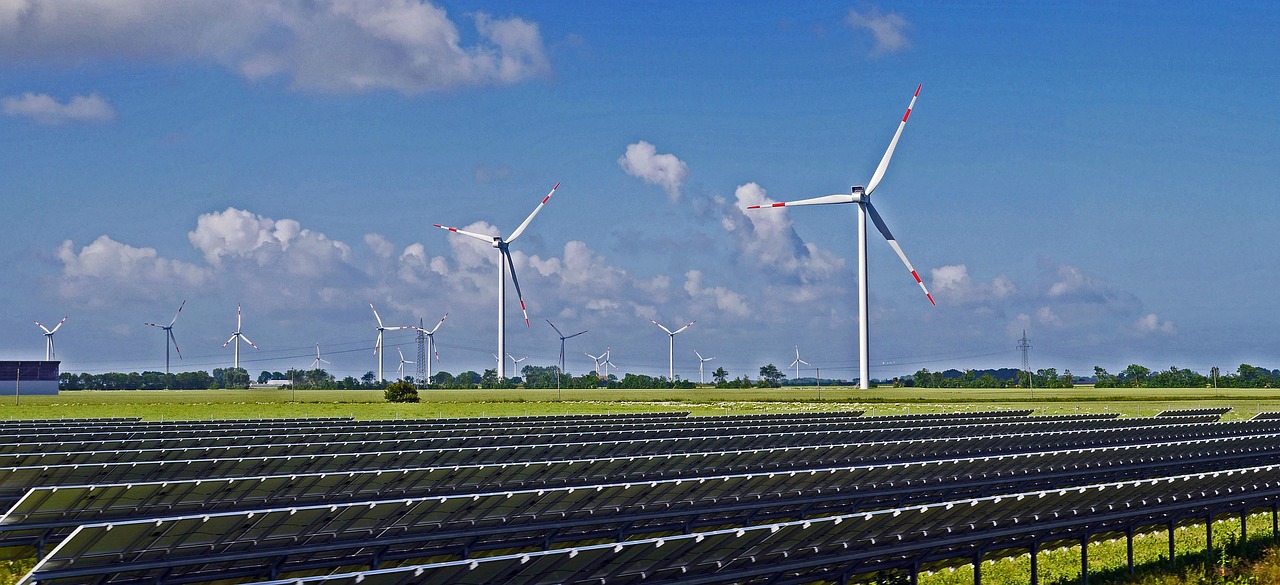In a world increasingly aware of the need for sustainable energy solutions, solar farms, and renewable energy storage. It has emerged as a key player in the global shift towards cleaner power sources. These innovative technologies offer the promise of reducing carbon emissions. And enhancing energy security, and bolstering the resilience of our power grids. However, as the renewable energy sector continues to expand at a rapid pace, so too does the need for robust insurance coverage.
This article will delve into the essential role insurance plays in safeguarding these vital investments. And ensuring the success of renewable energy projects. Short and succinct sentences will guide you through the intricate world of insurance for solar farms and renewable energy storage, shedding light on how it powers our sustainable futures.
Here are some of the most important types of insurance for solar farms and RES projects:
When it comes to solar farms and renewable Energy Storage (RES) projects, securing the right insurance is vital. Let’s explore the key types of insurance that can safeguard your investments:
Property Insurance
This insurance shields your solar panels, batteries, and equipment from damage. It doesn’t stop there; it also steps in to cover lost revenue. So, if your project can’t generate electricity due to a covered event.
Liability Insurance
This insurance is your financial shield in case of lawsuits related to property damage or bodily injury caused by your solar farm or RES project.
Business Interruption Insurance
If your solar farm or RES project faces downtime due to a covered event, this insurance comes to the rescue, covering the loss of income you incur during the downtime.
Construction Insurance
During the construction phase of your solar farm or RES project, this insurance kicks in to cover any damage that may occur.

Beyond these fundamental types of insurance, there are specialized options tailored for solar farms and RES projects:
Equipment Failure Insurance: If your solar panels, batteries, or other equipment fail, this insurance covers the cost of repair or replacement.
Power Loss Insurance: When your project can’t generate electricity due to events like grid outages or natural disasters, this insurance compensates for the lost revenue.
Cyber Risk Insurance: In our digital age, cyberattacks are a real threat. This insurance safeguards your finances in the event of cyber incidents like data breaches or ransomware attacks.
For those venturing into the world of solar farms and RES projects, consulting with an insurance broker specializing in renewable energy is a wise move. They’ll help you assess your specific needs and risks, guiding you to choose the right insurance types and coverage levels. This proactive step ensures that your project and your investment remain secure in an ever-evolving energy landscape.
Powering sustainable futures
As we chart our course toward a sustainable future, solar farms and renewable energy storage (RES) projects have emerged as cornerstones of this ambitious journey. However, their success is not solely reliant on the sun’s energy; insurance plays a pivotal role in sustaining their growth.
Mitigating Financial Risk: Renewable energy projects inherently carry financial uncertainties. This is where insurance steps in, offering a shield against potential setbacks. Insurers mitigate the risk associated with these projects, rendering them more enticing to investors and lenders. With reduced financial risk, the development and adoption of renewable energy technologies gain momentum—a critical stride toward achieving our climate objectives.
Enhancing Safety and Reliability: Insurance isn’t just about monetary protection; it’s also a catalyst for safer and more reliable solar farms and RES projects. Collaborating with policyholders, insurers diligently pinpoint and address risks, working proactively to prevent accidents and outages. This proactive approach guarantees the enduring capacity of solar farms and RES projects to provide clean, renewable energy for generations to come.
In essence, insurance isn’t merely a financial safeguard—it’s an enabler of our sustainable future. By fortifying the renewable energy sector, insurers contribute significantly to the realization of cleaner, more resilient energy systems. In this collaborative endeavor, solar farms and RES projects shine brighter as beacons of sustainable progress.
The evolving insurance landscape for solar and RES projects
The insurance landscape for solar and RES projects is constantly evolving. As the industry matures and new technologies emerge, insurers are developing new products and services to meet the needs of project owners.
One trend that is emerging is the development of parametric insurance products. Parametric insurance products pay out a pre-agreed-upon amount of money if a certain event occurs, such as a hurricane or a grid outage. This type of insurance can be particularly beneficial for solar and RES project owners, as it can provide them with a quick and reliable way to access funds to rebuild or repair their projects after a covered event.
Another trend that is emerging is the use of data and analytics to improve the risk assessment and underwriting process for solar and RES projects. Insurers are increasingly using data from sources such as weather stations, satellite imagery, and smart meters to better understand the risks that solar and RES projects face. This information can then be used to develop more customized and competitive insurance products for project owners.
Emerging risks
As the solar and RES industries grow, new risks are also emerging. For example, as more solar panels and batteries are deployed, there is a growing risk of cyberattacks. Cyber attacks could target solar panels and batteries directly, or they could target the control systems that operate these assets.
Another emerging risk is the risk of climate change. Climate change is leading to more extreme weather events, such as hurricanes, tornadoes, and wildfires. These events can cause significant damage to solar farms and RES projects.

Conclusion
Insurance is essential for solar and RES project owners. It can help protect them from the financial risks associated with their projects, such as natural disasters, equipment failures, and cyber attacks.
The insurance landscape for solar and RES projects is constantly evolving. Insurers are developing new products and services to meet the needs of project owners. They are also using data and analytics to improve the risk assessment and underwriting processes.
Solar and RES project owners should work with an insurance broker who specializes in renewable energy insurance to discuss their specific needs and risks. The insurance broker can help them choose the right types of insurance and coverage levels to protect their project and their investment.
By providing insurance for solar and RES projects, insurers can help power sustainable futures.
